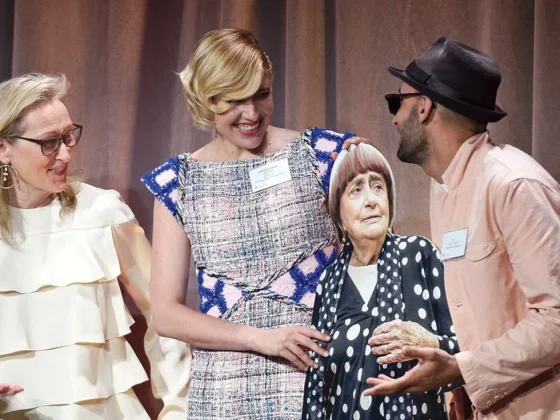Rejection—a word that often stings, yet for many German women, it evokes a sense of acceptance rather than despair. In a culture where directness is valued, the nuances of rejection are often navigated with a pragmatic mindset.
Instead of wallowing in heartbreak or reading between the lines of mixed signals, they embrace an approach that sees rejection not as a personal failure, but as a natural part of life’s intricate dance. This mindset, shaped by societal attitudes and cultural norms, allows them to move forward with resilience and clarity.
In exploring how German women handle rejection, we uncover layers of emotional intelligence and a unique perspective that turns what many see as a setback into an opportunity for growth and self-discovery. Join us as we delve into the ways these women redefine rejection, illustrating that sometimes, it’s not about *you* at all.
Understanding the Cultural Context of Rejection

Understanding the cultural context of rejection is essential to grasp how German women navigate these experiences with resilience and pragmatism. In Germany, direct communication is valued, and this openness often translates into rejection being framed less as a personal failure and more as a matter of compatibility or circumstance. Consider this: instead of lingering disappointment, many German women process rejection through a lens of logic and introspection, wherein the emotional weight dissipates over time.
They may analyze the situation—Was there a mismatch in interests? Did expectations diverge?—leading to a more constructive interpretation of what transpired. This cultural backdrop promotes a sense of self-reliance, allowing individuals to view rejection as an opportunity for growth rather than a definitive verdict on their worth.
So, the next time a connection wanes, remember that in this context, rejection isn’t an indictment of character; its merely part of the intricate dance of human relationships.
The German Approach to Relationships and Rejection

The German approach to relationships and rejection is often steeped in pragmatism, rooted in a cultural preference for directness and honesty. For many German women, emotional encounters are approached with a blend of caution and clarity, wherein transparency reigns supreme.
When faced with rejection, there is a remarkable ability to compartmentalize emotions, understanding that it reflects personal compatibility rather than inherent worth. This perspective fosters resilience—the notion that rejection is not an affront, but rather an opportunity for growth and self-reflection.
Conversations about feelings, often straightforward and unembellished, allow them to navigate these experiences with a rational mindset. In their view, embracing rejection as part of the broader journey of relationships cultivates maturity, paving the way for more meaningful connections in the future.
Conclusion

In conclusion, understanding how German women handle rejection reveals a cultural approach that emphasizes directness, self-awareness, and emotional resilience. By recognizing that rejection is often a reflection of circumstances rather than personal failure, individuals can navigate the complexities of relationships with greater ease.
Louisa Escort exemplifies this attitude through her own experiences, showcasing the strength and confidence that comes from seeing rejection as an opportunity for growth rather than a source of defeat. Ultimately, embracing this perspective fosters healthier interactions and paves the way for more meaningful connections, reminding us that rejection is a natural part of life that should not be taken too personally.



